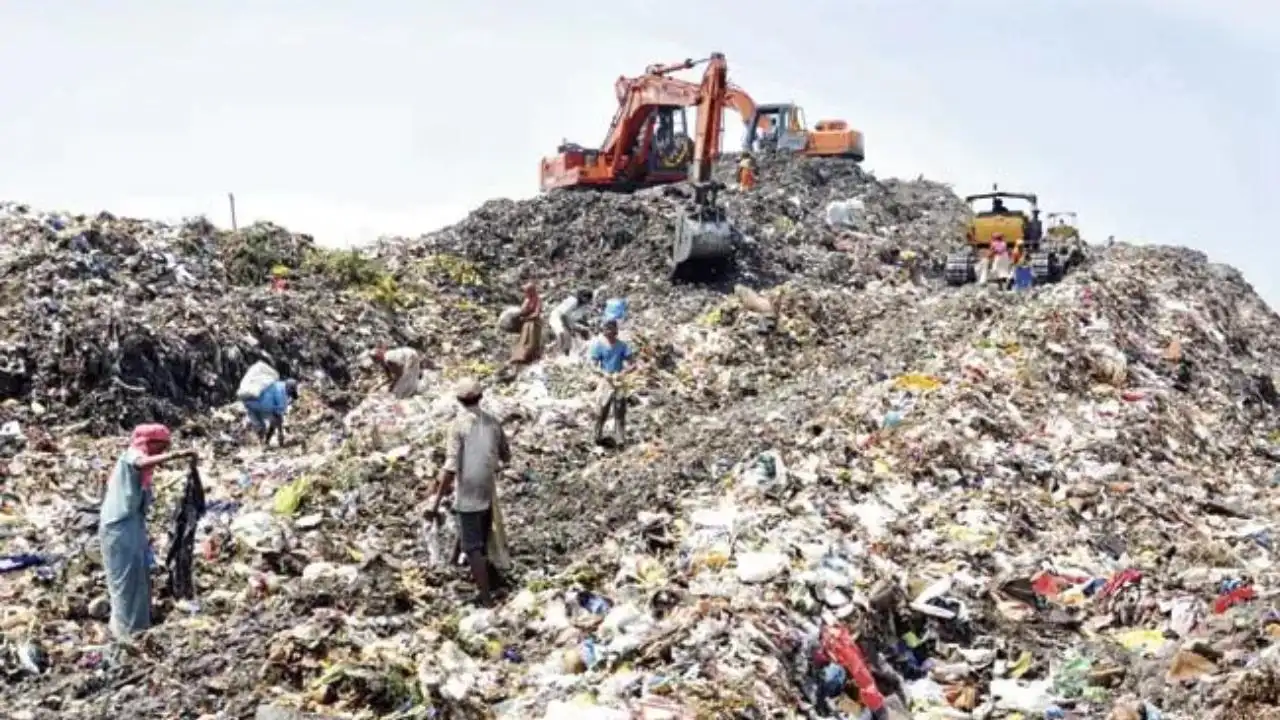The Pune Municipal Corporation (PMC) has ignited a firestorm of criticism from civic activists, opposition leaders, and residents.
The project, which includes a ₹13.75 crore textile waste processing facility and a ₹53 crore decade-long repair and maintenance contract, has been approved without the involvement of an elected body, raising concerns about governance and transparency. The PMC’s Standing Committee sanctioned the project under Section 72 of the Maharashtra Municipal Corporation Act, bypassing the usual democratic oversight. Activists argue that such significant financial commitments should not be made without elected representatives, especially given the absence of a functioning municipal corporation since the 2022 elections.
Ujwal Keskar, State Convenor of the BJP’s Urban Development Cell, and other opposition leaders have demanded the immediate cancellation of the tenders. They argue that the project lacks competitive bidding, with only two companies—M/s Prithvi Solution and M/s Adarsh Bharat—submitting bids, contrary to the requirement of at least three. Additionally, discrepancies in the cost breakdown, such as ₹11.10 crore allocated for construction and only ₹3 crore for machinery in the textile project, have raised questions about the project’s feasibility and transparency. Activists also point out that similar initiatives in the past have failed to deliver results. Despite the PMC’s Solid Waste Management Department’s strategic plan for 2017–2025 aiming for 100% waste processing and circular economy practices, the city continues to grapple with waste management challenges.
The introduction of a dedicated facility for processing cloth waste, aiming to convert it into Refuse Derived Fuel (RDF) and eventually electricity, is seen as a step towards sustainable waste management. However, critics argue that without proper planning, transparency, and accountability, such projects are unlikely to succeed. The PMC’s handling of this project has drawn parallels to previous controversies, such as the ₹80 crore spent on consultants over the last decade without significant improvements in infrastructure and services. These issues have eroded public trust in the civic body’s ability to manage resources effectively.
In response to the criticism, PMC officials have stated that the project was approved following due process and is in line with the city’s waste management goals. They have pledged to address concerns raised by activists and opposition leaders. As the debate continues, the future of Pune’s waste management strategy hangs in the balance. Activists and residents remain vigilant, demanding greater transparency, accountability, and democratic involvement in decisions that impact the city’s environment and public resources.
Also Read: New Deadline Announced for Sambhajinagars Rs 822 Crore Water Project


